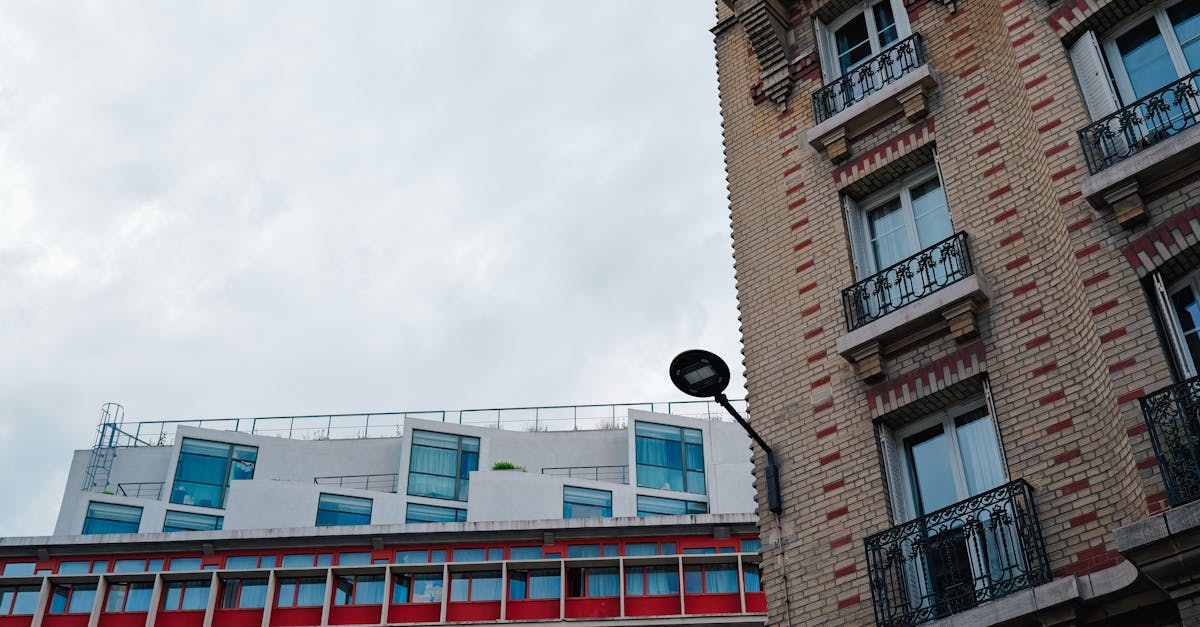In a move to revitalize Honolulu's downtown core, a proposal to establish a Business Improvement District (BID) is steadily progressing through the city council. This initiative, designed to tackle issues like homelessness, crime, and the closure of local businesses, aims to inject new life into the area by providing enhanced services. The BID, as detailed in Hawaii News Now's report, is modeled after a similar successful district in Waikiki and would be funded by fees levied on downtown property owners, a system intended to provide funding for services such as increased security, sidewalk cleaning, and landscaping.
The core objective of the BID is to make downtown Honolulu a more inviting and secure environment for both residents and visitors. Proponents believe that by addressing the current challenges, the area can attract new investment and encourage existing businesses to thrive. The plan has garnered early approval from the Honolulu City Council, reflecting a shared vision for the future of downtown. However, as highlighted in Civil Beat's analysis, some business owners are questioning the potential impact on small businesses and whether the added costs associated with the BID will truly solve the underlying problems. An earlier discussion on Hawaii Public Radio underscored the need for downtown Honolulu to adapt to evolving economic landscapes and new investment opportunities by rebranding the district as DOHO to draw those who live, work, and visit the downtown hub, further demonstrating the multifaceted nature of the revitalization efforts.
The proposed BID has sparked debate among business owners and stakeholders. Aloha State Daily notes a cautiously optimistic response, with some expressing concerns about the added financial burden and the effectiveness of the proposed measures. However, the consensus appears to be that the current issues facing downtown need addressing, and a BID could potentially offer a more comprehensive approach to address the core issues that the city alone cannot handle. The core of the plan involves assessing local businesses within the set district and using the fees to fund cleaning and security services.
For entrepreneurs, investors, and professionals, the development of the BID presents a mixed bag of possibilities. The potential for increased safety and the appeal of a cleaner environment could stimulate new business ventures and boost property values, drawing in further investment. At the same time, the imposition of added fees requires careful financial planning and a thorough understanding of the BID's operational strategies. As this project moves forward, it's critical for stakeholders to be informed, engaged, and vocal. Success requires the collaboration of city officials, business owners, and the community to generate a cohesive vision that benefits everyone involved.



